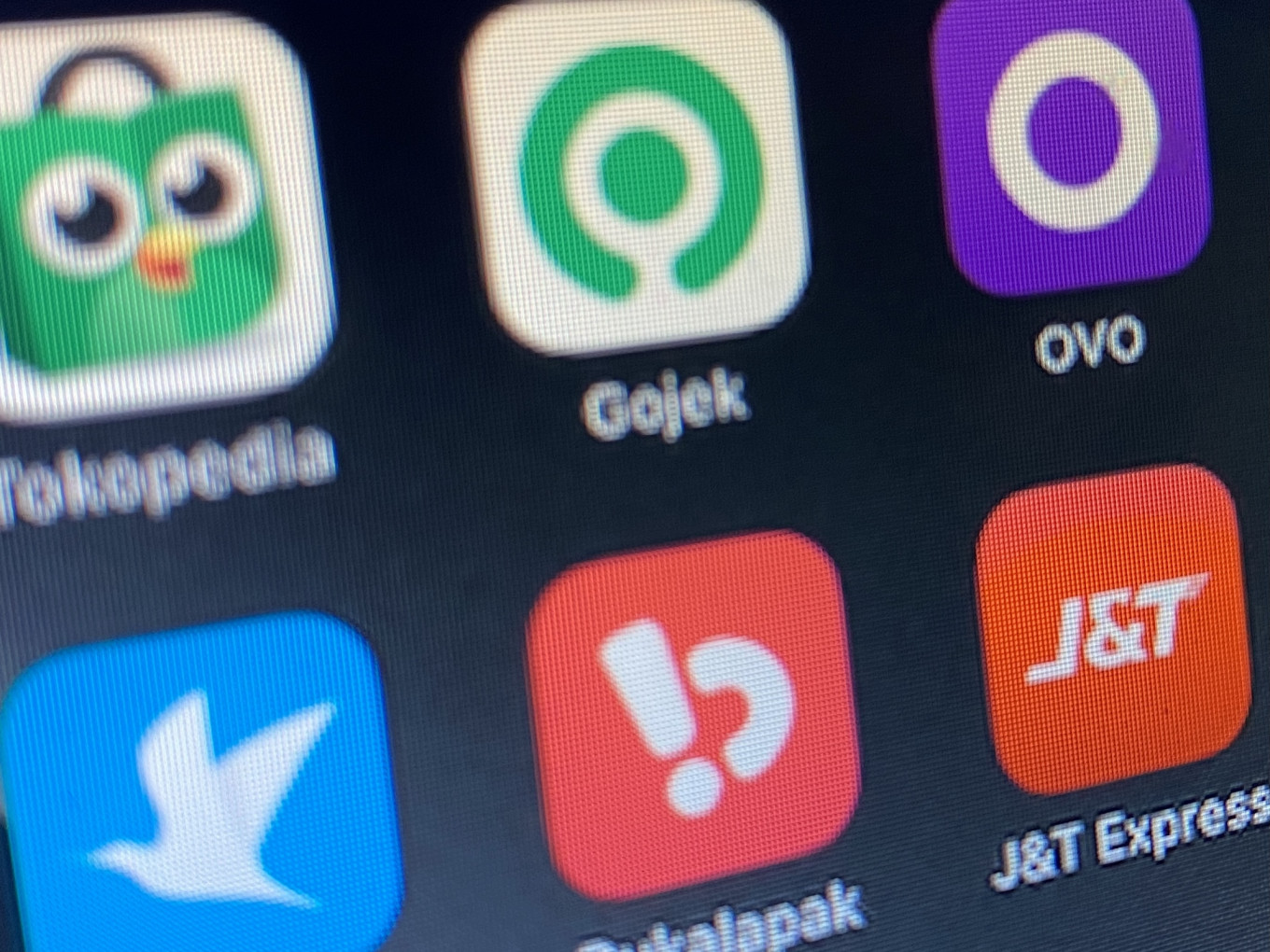Popular Reads
Top Results
Can't find what you're looking for?
View all search resultsPopular Reads
Top Results
Can't find what you're looking for?
View all search resultsBrokering collective progress at G20 digital economy working group
Unlike other sectors where the government plays an essential role in deciding its governance, the disruption brought by the private sector naturally requires the government to change its game.
Change text size
Gift Premium Articles
to Anyone

As Indonesia’s Group of 20 (G20) presidency is getting closer to its end, many may wonder what this forum has achieved and what it may offer to society.
Mandated to be the International premier forum for economic issues, the G20 has been the place for policymakers to discuss topics that are of relevance to economic aspects at the global level. Naturally, with its representatives' meetings, members of the G20 would have varying views on various issues.
This is where the G20 presidency plays an essential role in stewarding the discussion so members may reach a consensus on how to respond to specific issues.
It is also the case with the G20 Digital Economy Working Group (DEWG), where the G20's ministers were responsible for the digital economy convened on Sept. 1 in Bali. Prefaced with a series of meetings from March to September of this year, the discussion on the newly-elevated working group of the G20 focusing on digital economy issues was colorful and dynamic.
Tabling three priorities deemed to be fundamental in Indonesia G20 presidency's views; namely, connectivity and post COVID-19 recovery; digital skills and digital literacy; and data free flow with trust and cross-border data flows, the DEWG has brought the discussion to reveal unlimited venues where the G20 members could make collective progress.
With diverse backgrounds, interests and representations, achieving collective progress was a herculean task. Regardless of the common views on how to respond to challenges of the global digital economy ecosystem, language articulation may differ and expressions vary. Both require the presidency to bridge such differences to produce the working group's outcome.
Admittedly, the exchanges happened on wordings, narratives and views to be written on a piece of paper for the working group's outcome. Nonetheless, such exchange of words signifies the G20 members' commitments on various issues, especially on the DEWG that deals with digital ecosystem issues, where convergences of views are something that many shall cherish as it paves the development and advancement of collective progress.
The G20 DEWG, through its deliverance, has made substantive progress toward converging the views of its members that represents 80 percent of the global economy, a melting pot for developed and developing countries.
Building upon the achievements of previous presidencies, the G20 DEWG has made an effort to open its discussion to different stakeholders and focus the discussion on practical matters to develop the global digital economy ecosystem. By facilitating the exchange of views, the G20 members can showcase their achievements and inspire each other on how to build a better world.
From such interactions commonalities, complementarities and elements of convergences are expected to arise, indicating how the G20 members can collectively progress together on the global digital policies framework.
This approach is critical given the nature of the current digital ecosystem that is bottom-to-top, driven by practical measures carried out by industries and other non government stakeholders.
Unlike other sectors, where the government plays essential roles in deciding its governance, the disruption brought by the private sector naturally requires the government to change its game. This is what the G20 DEWG exemplifies: the importance of multistakeholderism in digital governance, which the G20 members have also admitted and shared their consensus, written or unwritten, through participating in the G20 DEWG's agenda.
It cannot be a zero-sum game.
The admission of the G20 DEWG presidency by its members, particularly on the importance of multistakeholderism, is inevitably diplomacy work through the presidency's effort to broker different views and work on creative solutions.
However, as technical as the discussion in the DEWG could be, the G20 DEWG is not living in its echo chambers. As a forum where countries, a political entity, meet, the G20 inevitably has to face geopolitical conditions. Naturally, as one of its work streams, the G20 DEWG has to confront such situations.
This is what has been embraced by the G20 DEWG. Instead of only focusing on creating a ministerial declaration, the G20 DEWG diversifies its agenda through various activities such as making reports and workshops related to priority issues and showcasing. Such efforts are important to ensure that an absence of consensus on priority issues discussed will not lead to a zero-sum game in the event of an attempt to hold the outcome of the presidency hostage, especially given the dire need of the world for collective progress in the digital landscape.
The G20 DEWG managed to avoid an absence of outcome through such an approach. Considering the outcome is produced along the G20 DEWG's convening process, progress thus has been reached to address various challenges related to the G20 DEWG's priority issues on connectivity, digital skills, digital literacy and data.
As the next G20 presidency will be hosted by emerging economies (India, Brazil and South Africa), Indonesia’s G20 DEWG presidency is hopeful that history will record the milestones it achieved for brokering collective progress.
Although bit-sized (the smallest unit of data), it is essential for a system to run.
***
The writer is a coordinator for the Substantive and Deliverables of Indonesia G20 Digital Economy Working Group (DEWG) and an official at the Communications and Information Ministry. The views expressed are his own.










